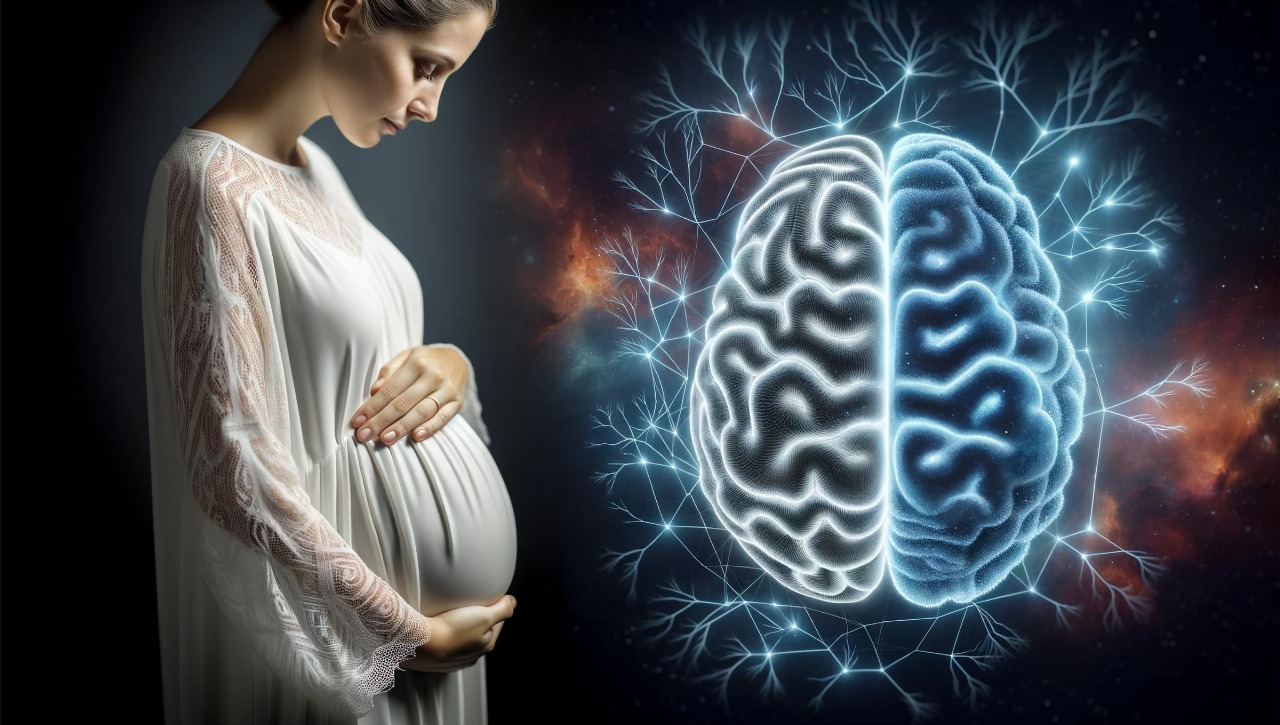
Follow WOWNEWS 24x7 on:
Updated: June 20, 2025 23:45

A groundbreaking hypothesis from researchers at the Universities of Cambridge and Oxford suggests that hormones produced during pregnancy—particularly by the placenta—may have played a pivotal role in the evolution of the human brain. The study, published in Evolutionary Anthropology, proposes that prenatal sex steroid hormones like estrogen and testosterone, in combination with enhanced placental function, could explain the emergence of larger, more interconnected brains and the social traits that define modern humans.
Key Insights From the Research
- The placenta, a temporary organ during pregnancy, not only regulates nutrient supply and gestation duration but also produces sex hormones that influence fetal brain development
- Human pregnancies exhibit higher levels of estrogen compared to other primates, potentially contributing to increased brain connectivity and reduced sexual dimorphism
- Testosterone is linked to brain size expansion, while estrogens enhance neural connectivity—both crucial for cognitive and social complexity
- The enzyme aromatase, which converts testosterone to estrogen, is more active in humans than in other primates, suggesting a unique hormonal environment in the womb
Evolutionary and Social Implications
- The hormonal balance in utero may have reduced male-male competition and increased female fertility, enabling the formation of larger, cooperative social groups
- Compared to Neanderthals and other primates, modern humans show less pronounced sex differences in anatomy and behavior, possibly due to higher prenatal estrogen exposure
- These adaptations may have supported the development of language, empathy, and social bonding—traits essential for human societies to thrive
Supporting Evidence and Methodology
- Researchers used lab-grown brain organoids (mini-brains) derived from human stem cells to study the effects of sex hormones on neural development
- Findings show that testosterone promotes cortical growth, while estrogen fosters synaptic formation and stability
- Comparative studies indicate that human placentas express more aromatase and produce higher estrogen levels than those of chimpanzees or gorillas
Future Research Directions
- The team plans to investigate genes regulated by estrogens to identify signs of recent evolutionary changes
- Collaborations with zoologists are underway to examine placental differences across primate species
- Further studies aim to explore how hormonal trade-offs in the womb contribute to neurodiversity and cognitive traits in modern populations
Conclusion
This hormone-driven theory places pregnancy—and specifically the placenta—at the center of human evolutionary history. By linking prenatal hormonal environments to brain development and social behavior, the study offers a compelling explanation for what makes humans cognitively and socially unique.
Sources: University of Cambridge, Phys.org, Courthouse News, New Scientist, Udayavani, Devdiscourse.



